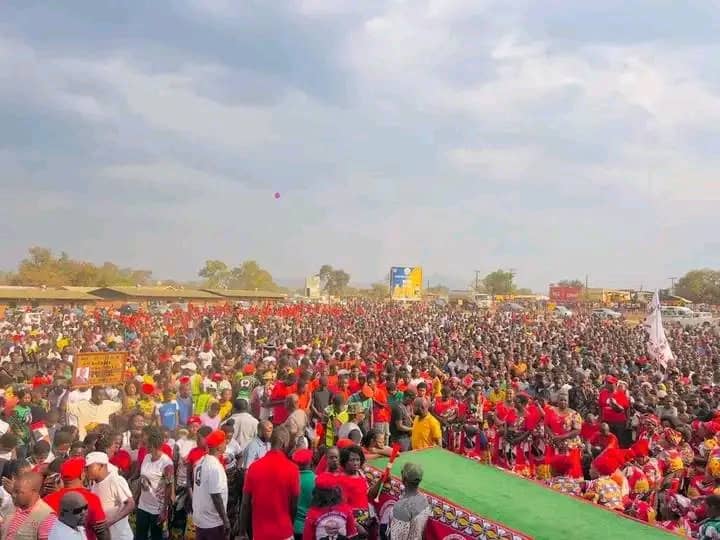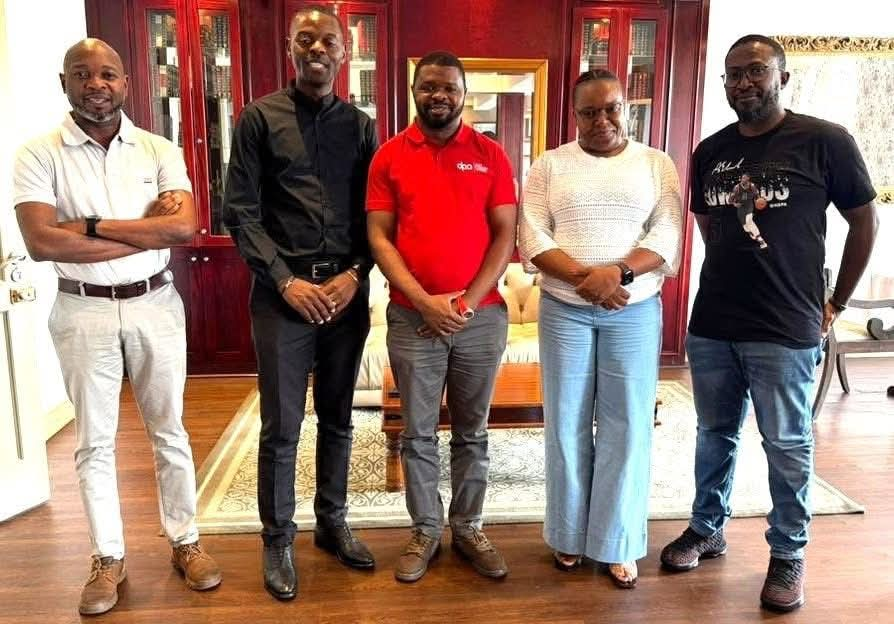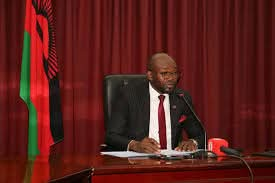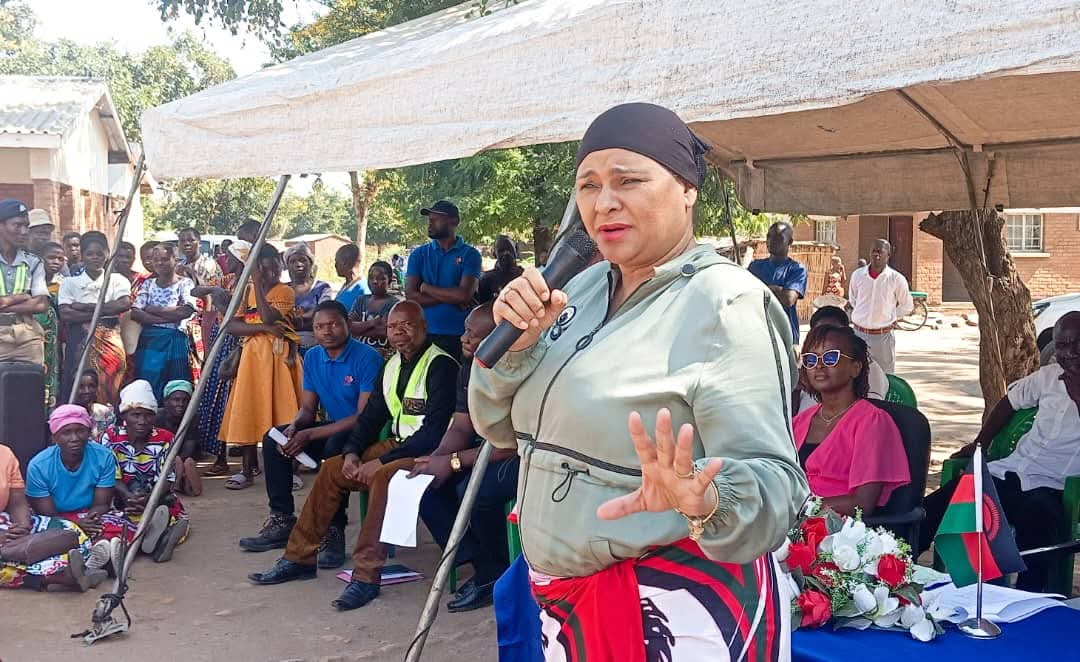By Burnett Munthali
In a significant development within Malawi’s political landscape, four notable figures have officially joined the Malawi Congress Party (MCP) during a rally held in Lunzu, Blantyre. This group comprises two individuals who previously affiliated with the Democratic Progressive Party (DPP) and two independent political figures seeking new political avenues.
The MCP welcomed these new members with a gathering aimed at enhancing the party’s influence as the nation gears up for the upcoming elections. The event featured speeches that underscored the party’s commitment to addressing pressing national challenges and the urgent need for effective leadership and governance.
During the rally, one of the newly inducted members raised concerns about the current government’s effectiveness, stating, “Under the current administration, many citizens feel that their needs are not being met, and some are merely opposing the government without a clear vision for national progress.” This comment reflects a growing dissatisfaction among various political factions regarding the performance of President Lazarus Chakwera’s administration.
- Ministry of Lands Launches Land Ownership Audit to Curb Illegal Sales and Disputes
- RBM pushes banks towards private sector A’s Government declines K500 Billion in borrowing
- MCTU Pushes for K250,000 Minimum Wage as ECAM Urges Gradual Adjustment
- Karonga United Reserves Crowned Northern Region U23 National Bank Champions
- Two Empty Bottles and a Priceless Man: The Character of Alexious Kamangira
A senior MCP leader who facilitated the welcoming of these new members articulated the party’s vision for Malawi, highlighting the critical importance of unity and collaboration in tackling the significant challenges the nation faces. The integration of these four individuals is viewed as a strategic move by the MCP to strengthen its ranks and attract a broader voter base, particularly from those disillusioned by the DPP’s governance.
With the 2025 elections on the horizon, this political realignment demonstrates the fluidity of Malawi’s political environment as parties seek to consolidate support. The choices made by these individuals to join the MCP signify their dedication to a framework aimed at addressing vital issues, including poverty, food insecurity, and governance.
As Malawi progresses, the public will be closely monitoring how these changes influence political dynamics and voter sentiment, especially as the nation braces for what is expected to be a contentious electoral season. The addition of these experienced political figures is anticipated to bolster the MCP’s efforts in implementing reforms and fulfilling electoral promises, thereby enhancing public trust in the party’s leadership and objectives.
The coming months will be crucial as the MCP positions itself to not only attract disenchanted voters but also to deliver on its commitments amid a backdrop of increasing public scrutiny and political competition.




